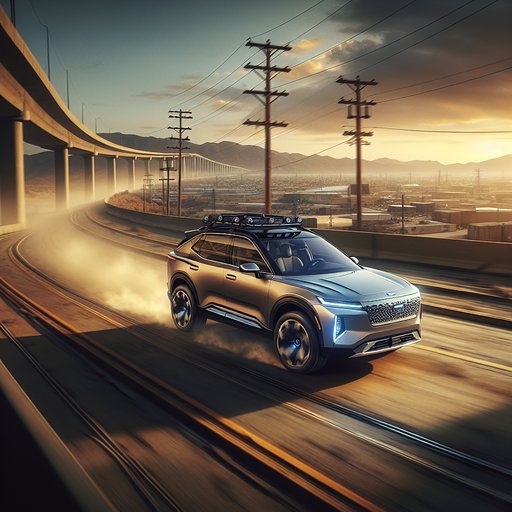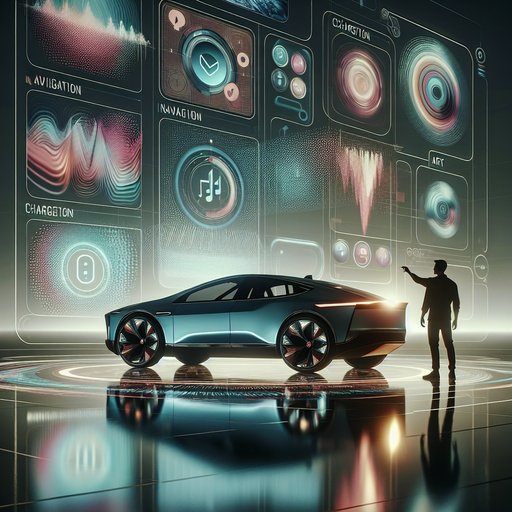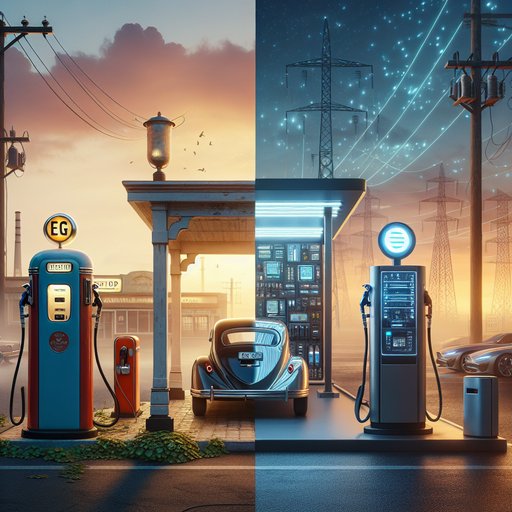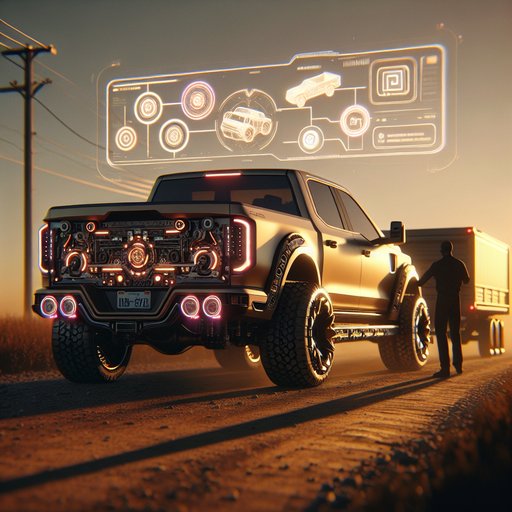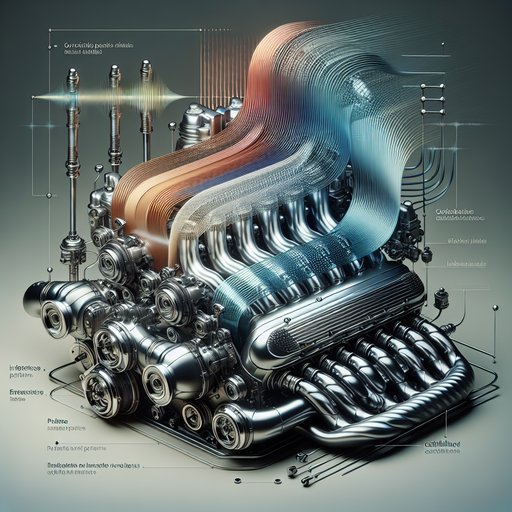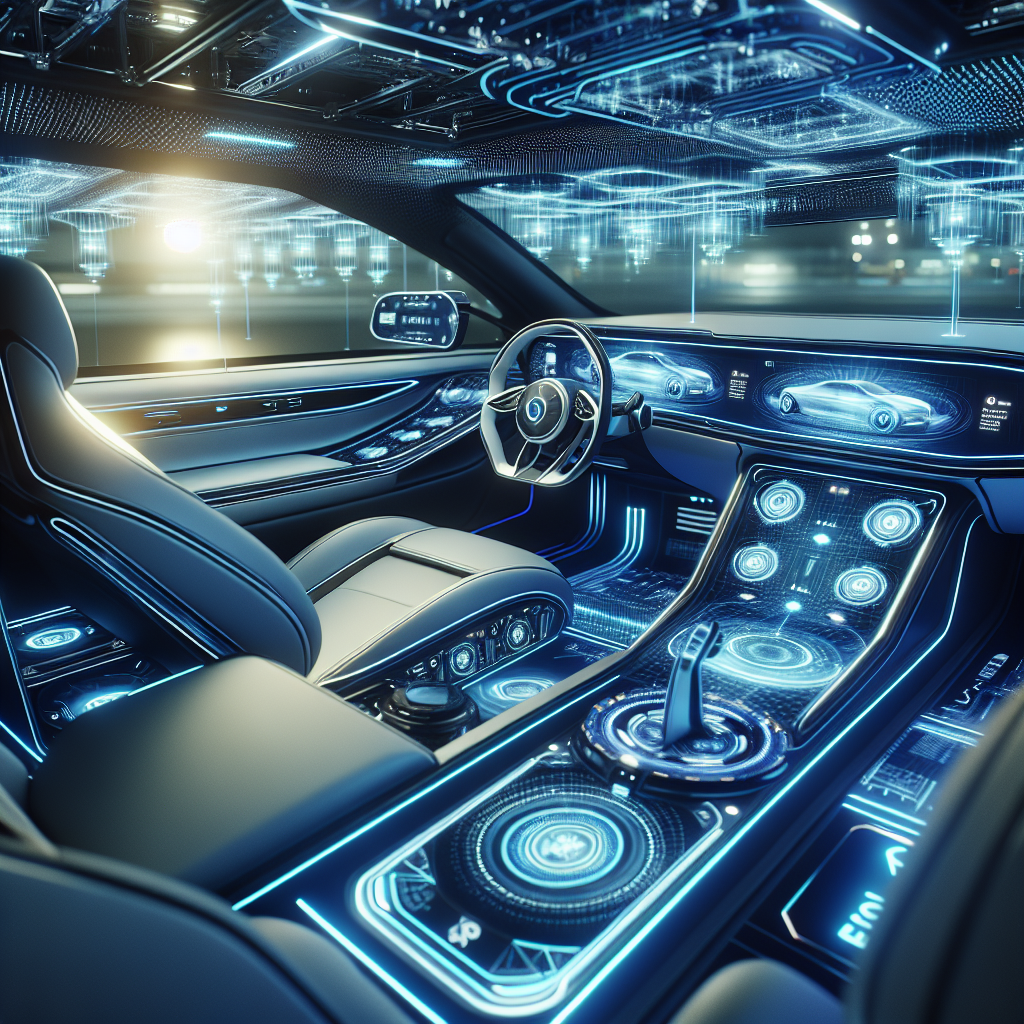
In a significant move toward the future of automotive technology, Genesis has announced a groundbreaking next-generation platform that combines software-defined vehicle (SDV) capabilities with multi-energy flexibility. This new platform represents a major step forward in the luxury automotive segment, promising enhanced connectivity and adaptable vehicle features that can be updated throughout the vehicle's lifetime [1].
The new Genesis platform stands out for its innovative approach to vehicle architecture, incorporating advanced SDV intelligence that allows for comprehensive over-the-air updates and feature additions post-purchase. This platform will serve as the foundation for Genesis's future luxury vehicle lineup, emphasizing the brand's commitment to technological advancement while maintaining its distinctive luxury DNA [1].
The platform's development comes at a time when parent company Hyundai is making significant investments in future mobility technologies. While maintaining its current focus on hybrid vehicles, Hyundai is simultaneously advancing its development of battery-electric and hydrogen technologies, ensuring its luxury brand Genesis remains competitive in the evolving automotive landscape [2].
This technological push aligns with broader industry trends, as exemplified by Mercedes' partnership in solid-state battery development, which promises to deliver next-generation battery technology by 2025 [3]. Similarly, Stellantis is testing new EV battery configurations that eliminate separate chargers and inverters, demonstrating the industry's movement toward more efficient and integrated vehicle systems [4].
- Genesis Announces Next-Generation Platform: Multi-Energy, SDV Intelligence, and Luxury DNA
- Hyundai bets on solid-state batteries and hydrogen for the long haul
- Solid-state EV batteries are on the way — Mercedes’ partner plans deliveries by 2025
- Stellantis Tests New EV Battery That Eliminates Separate Charger and Inverter


